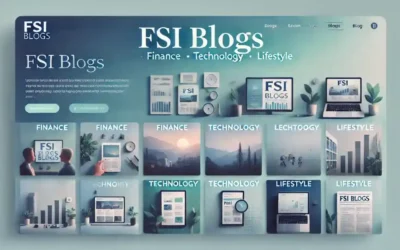Navigating Life’s Staģes: A Compass for Your Professional Journey

Life is a grand adventure, filled with exciting twists and turns. One of the most significant aspects of this journey is your professional life – the path you forge with your skills, talents, and aspirations. But navigating this journey can feel overwhelming at times. What direction should you take in your early 20s? How do you adapt your career in your 40s?
This comprehensive guide is here to be your compass, providing valuable insights for each stage of your professional life. Get ready to chart a course towards success and fulfillment!

Stepping Out: Your Early 20s
Your early 20s are a time of exploration and discovery. You’re fresh out of school, eager to prove yourself, and brimming with potential. Here are some key strategies to consider:
- Explore Your Options: Don’t feel pressured to have all the answers. Take internships, volunteer, or shadow professionals in fields that pique your interest. This hands-on experience can help you identify your strengths and passions.
- Develop Essential Skills: Communication, teamwork, problem-solving, and critical thinking are crucial for professional success across all industries. These skills can be honed through coursework, extracurricular activities, or even part-time jobs.
- Build Your Network: Start connecting with professionals in your desired field. Attend industry events, join online communities, or reach out to mentors for guidance. Networking can open doors to future opportunities.
- Focus on Learning and Growth: Your early 20s is a prime time to learn and adapt. Embrace opportunities for training and development, whether it’s formal education or online courses relevant to your interests.
Finding Your Niche: Your Mid-20s to Early 30s
By your mid-20s, you’ve likely gained some experience and a better understanding of your career goals. Now is the time to refine your focus and develop expertise. Here’s what you can do:
- Seek a Stable Position: Consider entering an entry-level or mid-level role in a field you find engaging. This allows you to gain valuable experience and build a strong track record.
- Develop Specialized Skills: Focus on acquiring specific skills relevant to your chosen field. This could involve professional certifications, attending workshops, or taking online courses.
- Start Building Your Brand: Craft a strong online presence with a professional resume and LinkedIn profile. Showcase your accomplishments and actively demonstrate your expertise through content creation or participation in industry forums.
- Negotiate Your Worth: As your skills and experience grow, don’t shy away from negotiating your salary and benefits. Do your research and confidently advocate for your value.

Reaching Your Peak: Your Late 30s to Mid-40s
Your late 30s and mid-40s are often considered the peak of your career. You possess a wealth of experience and knowledge, and leadership opportunities may arise. Here’s how to make the most of this crucial stage:
- Take on Leadership Roles: Embrace opportunities to mentor younger colleagues or lead projects. This allows you to share your expertise and contribute strategically to the organization’s success.
- Refine Your Skillset: Stay at the forefront of your field by continuously learning and refining your skillset. Explore new technologies, methodologies, and trends that could enhance your value.
- Consider Career Advancement: If you seek a promotion or career change, this is a prime time to pursue those goals. Leverage your experience and network to make a compelling case for yourself.
- Maintain a Work-Life Balance: As you climb the career ladder, striking a healthy work-life balance is crucial. Prioritize rest, rejuvenation, and activities outside of work to maintain your well-being.
Navigating Transitions: Your 50s and Beyond
Your 50s and beyond are an exciting time for professional reinvention. You have the accumulated wisdom and expertise of a seasoned professional. Here’s how to navigate this stage with purpose and fulfillment:
- Explore New Opportunities: Don’t feel limited by traditional career paths. Consider starting your own business, pursuing a long-held passion project, or offering consulting services.
- Embrace Flexibility: As you approach retirement, consider exploring part-time work or flexible work arrangements that fit your lifestyle.
- Mentor and Coach: Share your knowledge and experience with younger professionals. Mentorship allows you to contribute to the future of your field and forge meaningful connections.
- Focus on Well-Being: Prioritize your health and well-being. Maintain an active lifestyle, prioritize healthy eating habits, and seek opportunities for mental and emotional rejuvenation.

Conclusion
Your professional journey is a lifelong adventure. By embracing the unique challenges and opportunities presented at each stage, you can achieve lasting success and fulfillment. Remember, your career is not just about the destination; it’s about the experiences, connections, and personal growth along the way. So, set sail, navigate with confidence, and enjoy the voyage!










